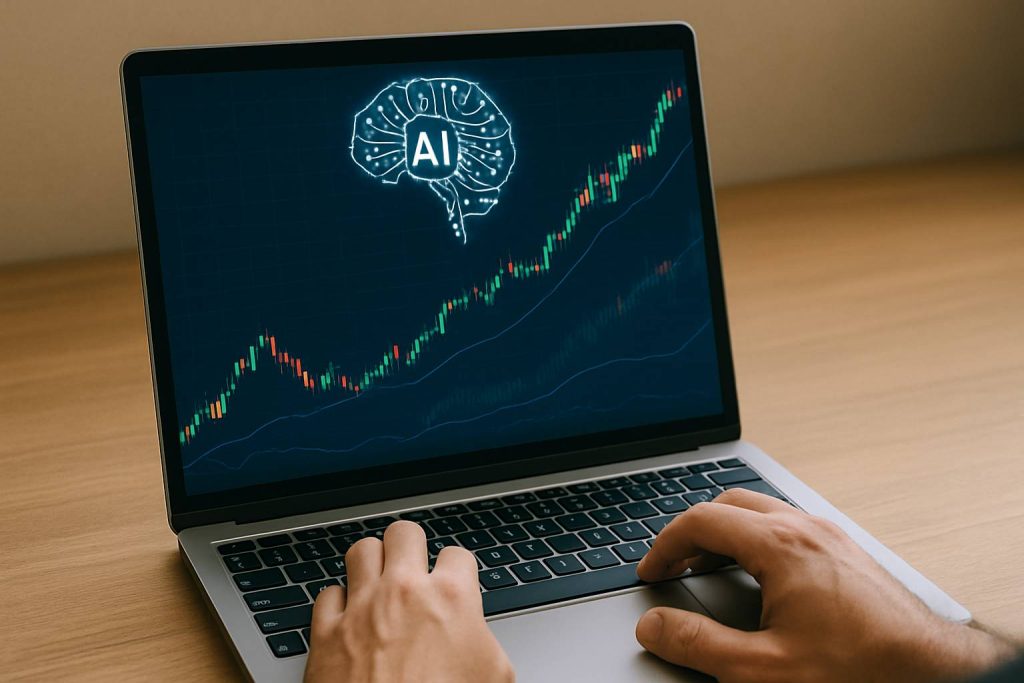2025: The Year Machines Took the Market—But Is It Good for You?
This Article Covers:
- How AI is transforming finance in 2025, from Wall Street to retail investors
- The rise of AI-powered asset management and algorithmic trading
- Regulatory and ethical concerns surrounding financial AI tools
- What it means for the future of human advisors and traditional investing
- How investors can hedge tech-heavy bets with tangible, real-world assets
AI Goes from Buzzword to Balance Sheet
Machine Minds, Market Moves
But as machines grow smarter, some investors are growing skeptical. Can AI truly account for black swan events? Will over-automation introduce systemic risk? And where does the human touch still matter in a market increasingly driven by code?
Regulation, Ethics, and the Risk of Overreliance
As with any technological leap, the financial industry must balance innovation with responsibility. The firms that win in the AI arms race will be those that integrate these tools with strong governance, data integrity, and ethical frameworks.
Diversifying in an AI-Dominated Market
AI may dominate the headlines, but investors are still looking for balance. That’s where tangible, alternative assets come in, offering real-world value in a market increasingly defined by virtual models.
Investment-grade collector cars, for example, aren’t impacted by algorithmic volatility or cloud-based risk. Their value stems from rarity, cultural relevance, and physical permanence. In an AI-driven world, these grounded assets offer stability—and in many cases, outperformance.
MCQ Markets: Grounding the Future with Real Assets
At MCQ Markets, we understand the upside of emerging tech—but we also know the importance of grounding your portfolio. Our platform offers fractional access to investment-grade collector cars, allowing investors to diversify into tangible assets that have stood the test of time.
In a financial world increasingly shaped by AI, don’t forget the value of what you can touch, see, and trust.





